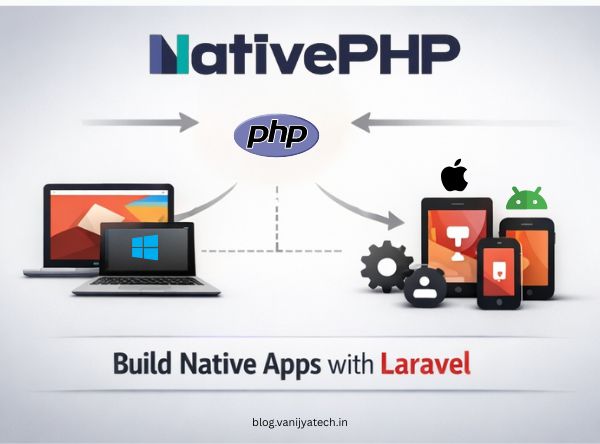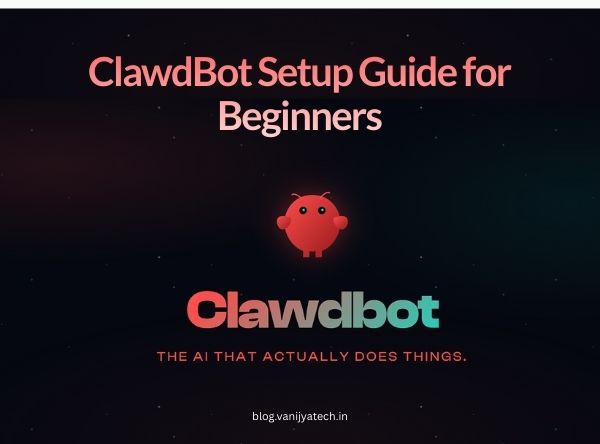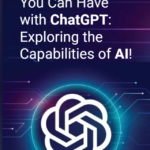Google ADK: Build Smarter AI Teams, Not Just Smarter AIs

AI is changing fast—and now, it’s not just about building a single smart model. With Google’s new Agent Development Kit (ADK), developers can create teams of intelligent AI agents that work together like a well-coordinated team. Announced at Google Cloud Next ’25, ADK is an open-source toolkit that makes it easier to build these powerful, multi-agent systems.
Let us Explain in Simple Terms What Is ADK?
Think of ADK as a toolkit to build mini AIs, each with a specific role. Instead of one big AI doing everything, ADK lets you build smaller, specialized agents that collaborate to solve complex problems.
For example, for a business task, you could build:
-
A Research Agent to gather info
-
An Analysis Agent to crunch data
-
A Strategy Agent to plan actions
-
A Presentation Agent to summarize everything neatly
All of these agents talk to each other and work together—thanks to ADK.
Why It Matters
ADK helps developers:
-
Build smart systems faster
-
Easily integrate different AI models (like Gemini, OpenAI, Anthropic)
-
Run natural interactions (audio/video)
-
Deploy agents anywhere (local, cloud, Kubernetes)
-
Monitor and improve agent performance
-
Stay ethical with built-in responsible AI practices
What are Key Features of Google ADK.
- Modular AI: Build focused agents, not bulky systems
- Model Flexibility: Use Google Gemini, Vertex AI, or third-party models
- Built-In Tools: Search the web, write code, or use other agents as tools
- Multimodal Support: Voice and video interactions
- Workflow Control: Run agents in sequence, parallel, or loops
- Performance Tracking: Test agents and measure how they perform
- Easy Deployment: Works on Cloud Run, local machines, Kubernetes & more
- Agent Garden: Ready-to-use sample agents and toolkits
- Cross-Agent Chat: Open protocol for agents from different platforms to talk
- Cloud-First: Built-in support for BigQuery, AlloyDB, Apigee & more
- Responsible AI: Tools to build safe, fair, and transparent systems
How to Start
Start building with a simple command:
Then follow the official documentation for tutorials, examples, and guides.
The Future Is Teamwork
With ADK, building AI isn’t just about making a single smart assistant. It’s about building teams of AI agents that can think, plan, and solve problems together. Whether you’re building for business, education, research, or innovation, ADK gives you the flexibility and power to do more.
Features That Make ADK Shine
ADK is packed with features designed to streamline the development and deployment of multi-agent systems:
- Building Multi-Agent Systems: The framework provides the tools and structures necessary to compose specialized agents that can effectively collaborate and delegate tasks within a well-defined hierarchical framework. This allows developers to model complex workflows and break down intricate problems into manageable sub-tasks handled by individual agents.
- Seamless Model Integration: ADK isn’t tied to a single AI model. It offers the flexibility to integrate with a wide range of models, including Google’s powerful Gemini family and models available through Vertex AI’s Model Garden. Furthermore, it supports integration with third-party providers like Anthropic, Meta, and AI21 Labs, giving developers a vast landscape of AI capabilities to choose from.
- A Rich Ecosystem of Tools: ADK goes beyond just managing agents. It allows developers to incorporate a diverse set of tools into their agent workflows. This includes pre-built tools for common tasks like web searching and code execution, integration with popular third-party libraries such as LangChain and LlamaIndex, and even the ability to use other agents as tools, fostering a highly extensible and adaptable environment.
- Enabling Natural Multimodal Interactions: Recognizing the importance of human-like communication, ADK supports bidirectional audio and video streaming. This opens up possibilities for more intuitive and natural interactions with AI agents, moving beyond text-based exchanges to richer, more engaging conversations.
- Intelligent Workflow Orchestration: Defining how agents work together is crucial. ADK provides various mechanisms for orchestrating workflows, including sequential execution, parallel processing, and looping for repetitive tasks. Moreover, it supports LLM-driven dynamic routing, allowing the system to adapt its behavior based on the specific context and the evolving needs of the task.
- Robust Performance Evaluation: Ensuring the reliability and effectiveness of AI agents is paramount. ADK includes features for systematically assessing agent performance. This involves evaluating not only the final responses but also the step-by-step execution of the agents against predefined test cases, providing valuable insights into the strengths and weaknesses of the system.
- Flexible Deployment Options: ADK understands that deployment needs vary. It allows developers to containerize their agents and deploy them in various environments, including local machines, Google Cloud Run, Kubernetes clusters, or Vertex AI’s fully managed runtime, offering scalability and flexibility.
Why ADK Is a Game Changer?
- Agent Garden: A curated collection of ready-to-use sample agents and helpful tools designed to accelerate the development process and provide inspiration.
- Agent2Agent Protocol: An open standard that aims to enable seamless communication between agents built on different frameworks and by different vendors, fostering interoperability within the AI ecosystem.
- Deep Google Cloud Integration: ADK offers seamless connectivity with a range of Google Cloud services, including BigQuery for data warehousing, AlloyDB for database management, and Apigee for API management, allowing for the creation of powerful, cloud-native AI applications.
- Commitment to Responsible AI: Recognizing the ethical considerations in AI development, ADK provides guidelines and tools to help developers build trustworthy agents that adhere to principles of fairness, safety, and transparency.
—
Also Read: ChatGPT vs Deep Seek vs Gemini. Which AI Delivers the Best Performance.




